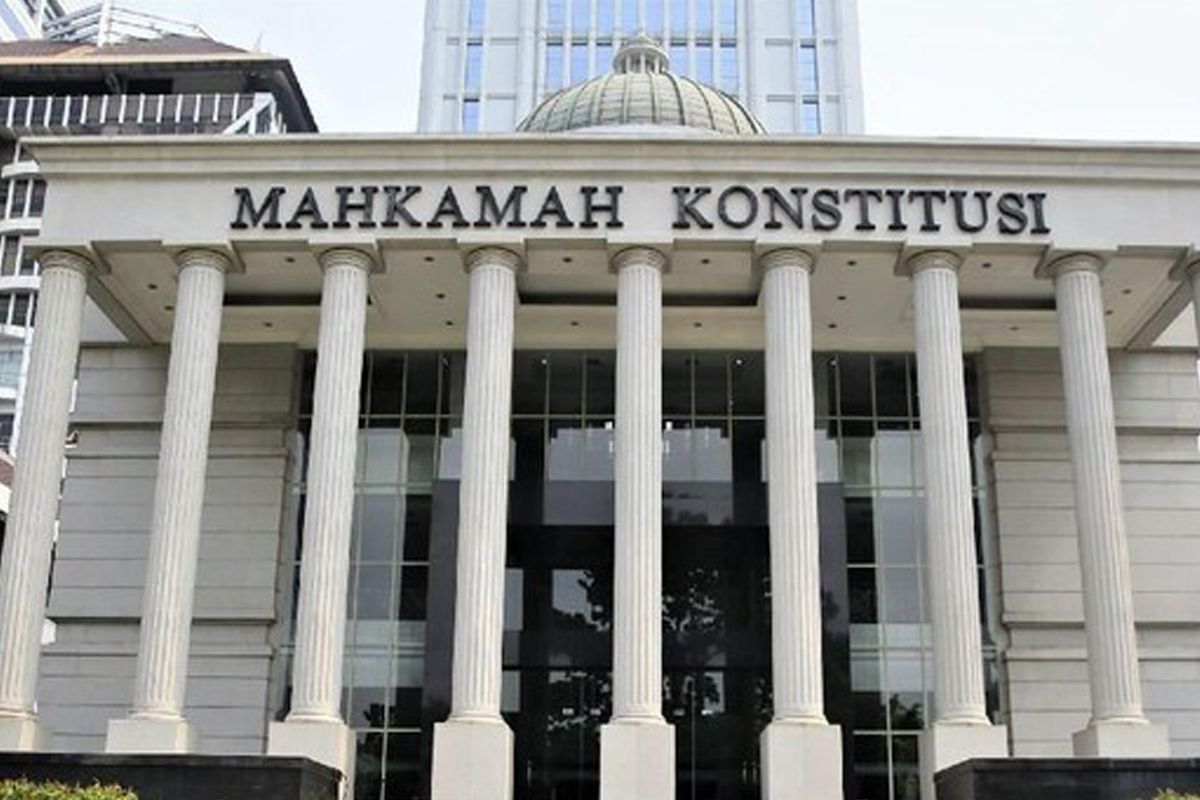The Constitutional Court Reduces The Ministry of Finance's Authority Over Tax Court
Wednesday, 30 September 2020

JAKARTA. The Constitutional Court (MK) reduces the authority of the Ministry of Finance to Tax Court. This emerged after the Constitutional Court granted part of the petition for judicial review of Law number 14 of 2002 concerning the Tax Court, as stated in the verdict number 10 / PUU-XVII / 2020.
The Ministry of Finance's authority that has been reduced concerns the role of this state treasury in the selection process for the Chairman and Vice-Chairman of the Tax Court.
Based on the copy of the verdict uploaded on 28 September 2020, two Articles were tested, those are Article 5 paragraph (2) and Article 8 paragraph (2). From the two articles, the Constitutional Court decided that the petition for judicial review of Article 5 paragraph (2) could not be accepted while Article 8 paragraph (2) was granted.
Thus, Article 8 paragraph (2) which regulates the mechanism for selecting the Chairman and Vice-Chairman of the Tax Court, according to the panel of judges chaired by Anwar Usman, is unconstitutional or contradicts the 1945 Constitution of Republic of Indonesia.
Supposedly, as stated by the panel of judges, the Chairman and Vice Chairman are elected from and by the judges to be then appointed by the President.
The procedure in the selection of the Chairman and Vice-Chairman of the Tax Court must be independent of the involvement of the Minister of Finance. As for those who have the right to determine are the judges within the Tax Court.
Read: Pink Tax, Gender Based Pricing Discrimination
"The judges can reflect on the choice according to their conscience, based on the consideration of the capability, integrity and leadership of the prospective leader," said the quote taken from the consideration of the panel of judges.
In addition, this verdict also stipulates that the Chairman and Vice-Chairman of the Tax Court may be appointed for a maximum of one term of office, precisely for five years. During this time, the terms of office of the two high-ranking officials at the Tax Court are not limited. Meanwhile, without a clear term of office, according to the judge, it could lead to abuse of power in the Tax Court.
Remain under the Ministry of Finance
Although the Ministry of Finance is now certainly not able to propose a candidate for Chairman and Vice-Chairman of the Tax Court, its authority in the Tax Court has not changed.
By not accepting a judicial review of Article 5 paragraph (2), the role of the Ministry of Finance in conducting organizational, administrative and financial development for the Tax Court remains the same. As it is known, Article 5 paragraph (2) states that there are two institutions authorized to provide guidance to the Tax Court.
In addition to the Ministry of Finance, which fosters in terms of organizational functions, there is also the Supreme Court which has the authority to foster the Tax Court regarding judicial technicalities.


